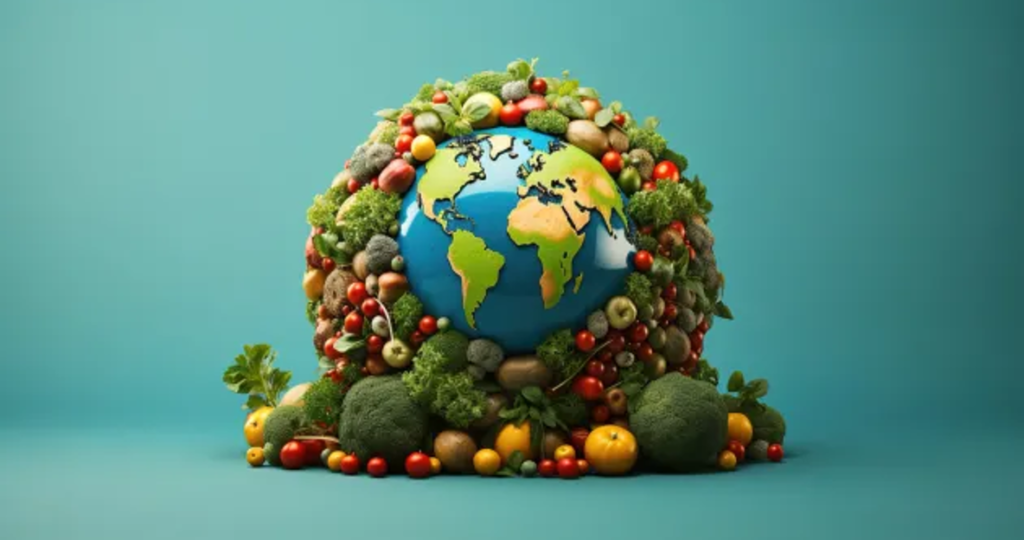World Food Day, celebrated annually on October 16th, is a pivotal event that brings attention to the critical issue of global hunger and food security. Established by the Food and Agriculture Organization (FAO) of the United Nations in 1979, this day serves as a reminder of the ongoing struggle to ensure that everyone has access to nutritious food. With the theme “Our Actions are Our Future,” World Food Day 2023 emphasizes the importance of sustainable food systems and the collective effort needed to achieve Zero Hunger, aligning with the United Nations Sustainable Development Goal (SDG) 2.
The Global Hunger Crisis

According to the FAO’s 2022 report, nearly 828 million people worldwide suffer from hunger, a stark increase from previous years due to factors such as conflict, climate change, and economic downturns exacerbated by the COVID-19 pandemic. This alarming statistic underscores the urgent need for global cooperation and innovative solutions to tackle food insecurity.
The Role of Sustainable Food Systems
Sustainable food systems are crucial in addressing the root causes of hunger. These systems aim to provide food security and nutrition for all without compromising the economic, social, and environmental bases for future generations. The FAO highlights that transforming food systems could potentially lift over 100 million people out of hunger by 2030, contributing significantly to achieving SDG 2.
Innovative Solutions and Global Efforts
Several initiatives worldwide are making strides in promoting sustainable agriculture and reducing food waste. For instance, the Global Agriculture and Food Security Program (GAFSP) has invested over $1.5 billion in projects that enhance agricultural productivity and food security in developing countries. Additionally, the “Save Food” initiative, a collaboration between the FAO and Messe Düsseldorf, aims to reduce food loss and waste, which currently accounts for one-third of all food produced globally.
The Importance of Community Involvement
Community involvement is vital in the fight against hunger. Local solutions, such as community gardens and farmer cooperatives, empower individuals to take charge of their food security. These grassroots efforts not only provide immediate relief but also foster long-term resilience against food shortages.
How You Can Make a Difference
Everyone has a role to play in achieving Zero Hunger. Here are a few ways you can contribute:
- Support Local Farmers: Purchase locally-sourced produce to support sustainable agricultural practices.
- Reduce Food Waste: Plan meals, store food properly, and compost leftovers to minimize waste.
- Advocate for Change: Raise awareness about hunger issues and support policies that promote food security and sustainable agriculture.
World Food Day is more than just a day of awareness; it is a call to action for individuals, communities, and nations to work together towards a world where everyone has access to sufficient, safe, and nutritious food. By supporting sustainable food systems and reducing food waste, we can make significant strides towards achieving Zero Hunger and fulfilling the promise of SDG 2. Let us all commit to taking action today for a better tomorrow.
For more information on how you can get involved, visit the FAO World Food Day website and explore resources and events happening around the globe. Together, we can make a difference in the fight against hunger.